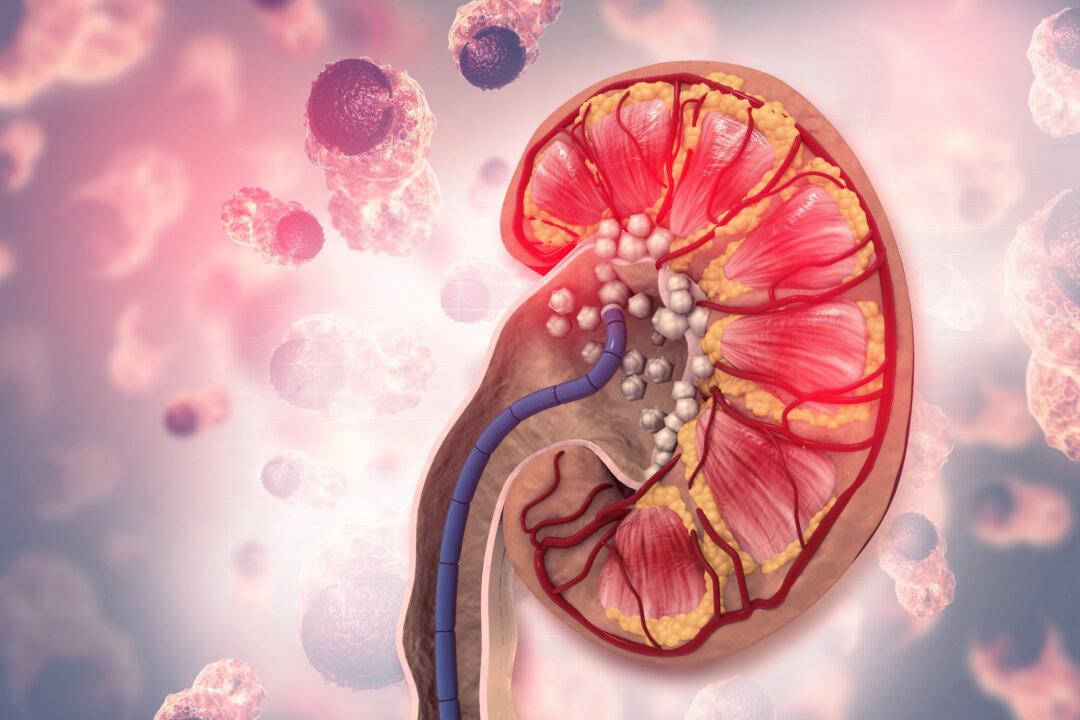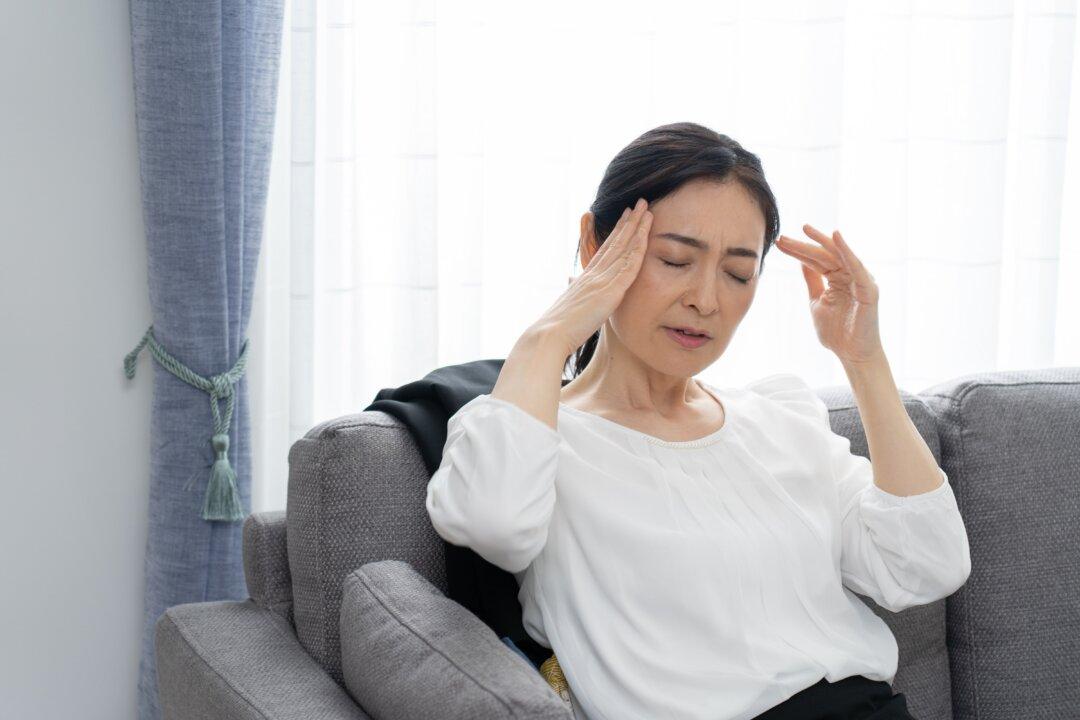Vitamin B complex is commonly used as a supplement to boost energy. However, some people feel sleepy after taking these vitamins, and that could be a warning sign.
Watch Out for 2 Warning Signs
People often work long hours under a lot of mental stress, which causes the body to consume a large amount of vitamin B complex. Therefore, many take health supplements to help their body convert nutrients into energy, increase vitality, and relieve stress.However, some feel lethargic and lack physical strength after taking the supplements. There are two possible reasons why your body reacts this way.
- The body is too tired






